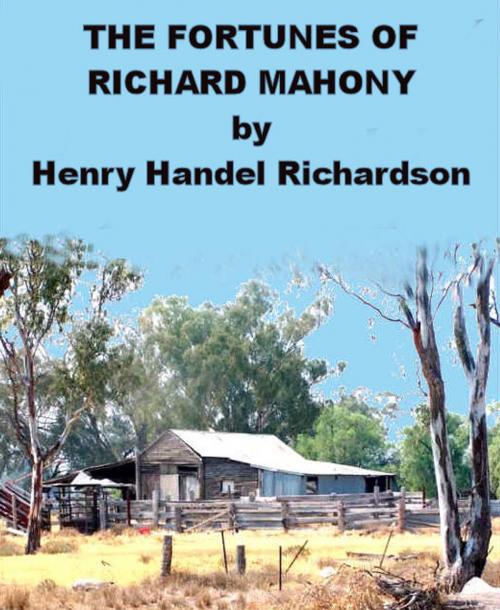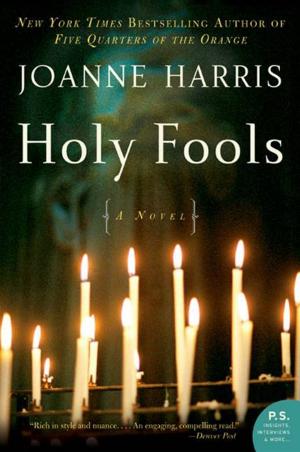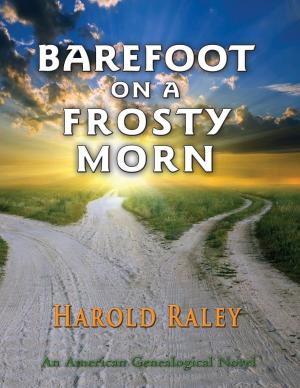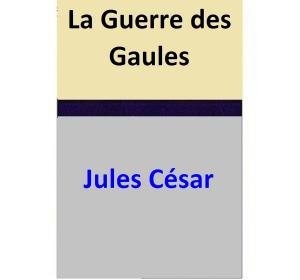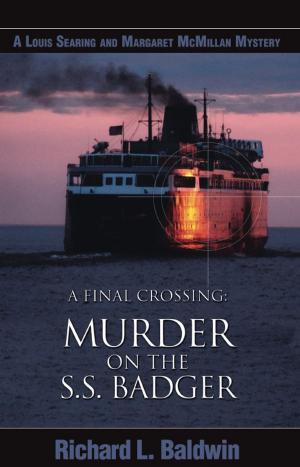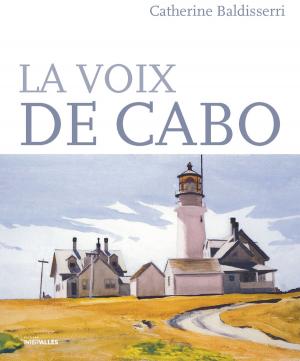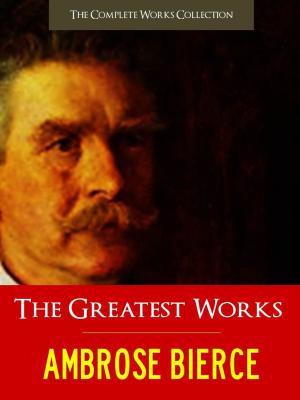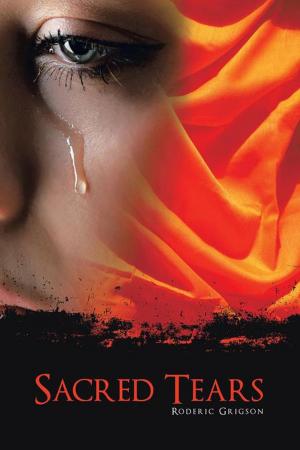| Author: | Henry Handel Richardson | ISBN: | 1230000028501 |
| Publisher: | Marcus Clark | Publication: | November 1, 2012 |
| Imprint: | Language: | English |
| Author: | Henry Handel Richardson |
| ISBN: | 1230000028501 |
| Publisher: | Marcus Clark |
| Publication: | November 1, 2012 |
| Imprint: | |
| Language: | English |
The Fortunes of Richard Mahony is a three-part novel by Australian writer Henry Handel Richardson. It consists of Australia Felix (1917), The Way Home (1925), and Ultima Thule (1929). It was collected in 1930 under the title by which it is now best known. Long out of print, at least outside of Australia, its publisher, William Heinemann Ltd claimed on the jacket to the 1965 edition, "This is now recognized as one of the greatest novels in the English language."
It was acclaimed for its rich characterizations and then-startling depiction of mental illness attacking an otherwise respectable person, while his much-younger wife, who does not think herself clever, must become resourceful with a high-level of uncomfortable capability. The book is based, at least in outline, on events in the life of Richardson's parents, Walter Lindesay Richardson and his wife, Mary Bailey, though it should not be considered a biography, as many major and minor changes were made.
The publisher originally balked at publishing the third volume (after the first two had modest sales) without persuasion from Richardson's husband. Only when the third volume appeared was it hailed as a great novel. Henry Handel Richardson, was the nom de plume of Ethel Florence Lindesay Richardson. Richardson was born in East Melbourne, Victoria, Australia into a prosperous family which later fell on hard times, Ethel Florence was the elder daughter of Walter Lindesay Richardson M. D., and his wife Mary (née Bailey).
The Fortunes of Richard Mahony was Richardson's famous trilogy about the slow decline of a successful Australian physician and his family due to his character flaws and brain disease. It was highly praised by Sinclair Lewis, among others. Richardson married J. George Robertson, a Scottish student of German literature in 1894. They moved to London in 1903, where Robertson had been appointed to a chair of German at the University of London as a Professor of German Literature.
The Fortunes of Richard Mahony is a three-part novel by Australian writer Henry Handel Richardson. It consists of Australia Felix (1917), The Way Home (1925), and Ultima Thule (1929). It was collected in 1930 under the title by which it is now best known. Long out of print, at least outside of Australia, its publisher, William Heinemann Ltd claimed on the jacket to the 1965 edition, "This is now recognized as one of the greatest novels in the English language."
It was acclaimed for its rich characterizations and then-startling depiction of mental illness attacking an otherwise respectable person, while his much-younger wife, who does not think herself clever, must become resourceful with a high-level of uncomfortable capability. The book is based, at least in outline, on events in the life of Richardson's parents, Walter Lindesay Richardson and his wife, Mary Bailey, though it should not be considered a biography, as many major and minor changes were made.
The publisher originally balked at publishing the third volume (after the first two had modest sales) without persuasion from Richardson's husband. Only when the third volume appeared was it hailed as a great novel. Henry Handel Richardson, was the nom de plume of Ethel Florence Lindesay Richardson. Richardson was born in East Melbourne, Victoria, Australia into a prosperous family which later fell on hard times, Ethel Florence was the elder daughter of Walter Lindesay Richardson M. D., and his wife Mary (née Bailey).
The Fortunes of Richard Mahony was Richardson's famous trilogy about the slow decline of a successful Australian physician and his family due to his character flaws and brain disease. It was highly praised by Sinclair Lewis, among others. Richardson married J. George Robertson, a Scottish student of German literature in 1894. They moved to London in 1903, where Robertson had been appointed to a chair of German at the University of London as a Professor of German Literature.
